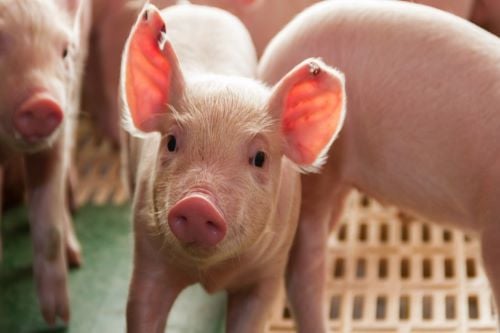

Chinese insurers that provide agricultural and livestock insurance have seen their finances take a hit after a devastating outbreak of African Swine Fever (ASF) caused huge losses to the hog-raising industry.
Many insurers are facing pressure as claims continue to mount, according to a report by Caixin. To make things worse, some local governments are reportedly reluctant to classify hog deaths as caused by ASF to avoid paying out subsidies. This was raised by Lin Changqing, a deputy general manager at the agriculture insurance department of People’s Insurance Co. of China (PICC), who spoke at a forum in Beijing.
The report estimated that the loss ratio for hog insurance has risen to around 130%. Prior to the outbreak, which began in China in 2018, the payout ratio was between 50% and 60%.
PICC, a state-owned insurer, is the largest agricultural insurer in China, with a market share of around 50%. In the first half of 2019, PICC made net claim payments of RMB7.31 billion (US$1.04 billion), up 24.3% from a year ago, according to its financial report. Meanwhile, PICC’s loss ratio for agriculture insurance climbed to 75.9% from 62.8% a year earlier.
Officials at the conference have highlighted several shortcomings in the hog insurance system, which have been exposed by the ASF outbreak.
Insurance for live pigs currently has two parts, the report said. First is a government-based component where underwriting and pricing are determined by authorities at the beginning of the year, and second, a commercial insurance component where companies collect premiums and pay out claims.
According to Lin, as local governments try to evade their responsibilities to farmers, insurers will take the brunt of higher payouts for claims.
